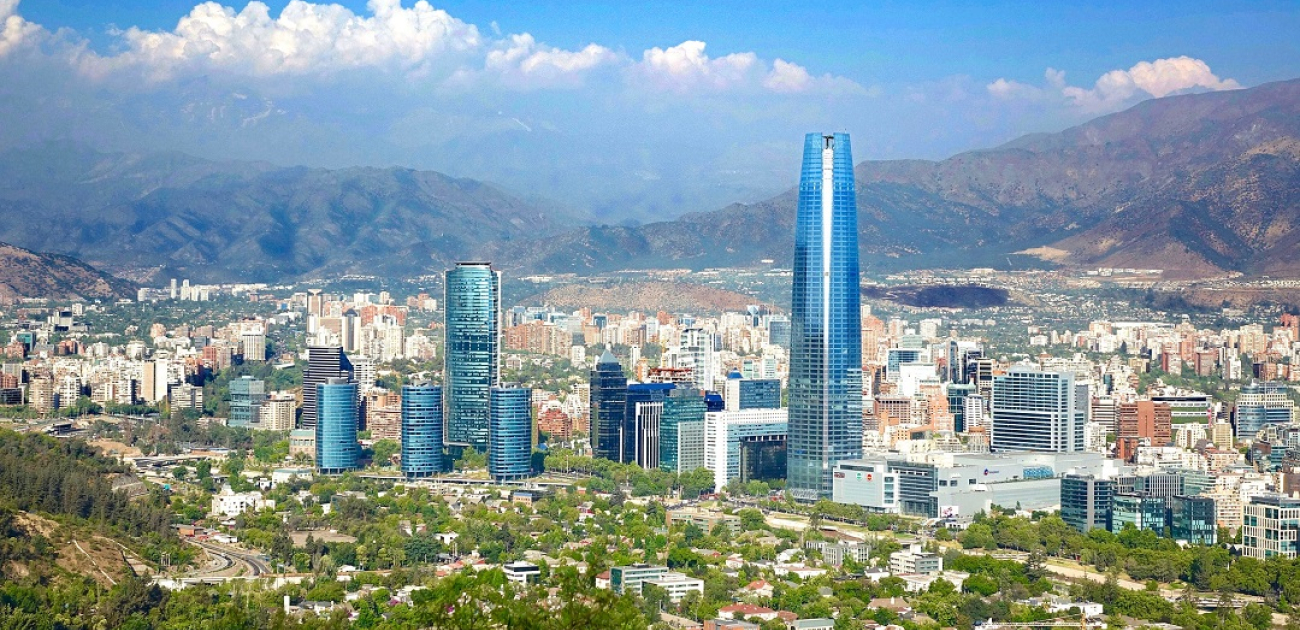New Migration Law
Migration is a global phenomenon that since ancient times has generated the need to create norms that regulate the actions and rights and duties that are recognized to certain people, who have left their place of origin to settle in a different place temporarily or definitive. In recent years, Chile has experienced an accelerated development in terms of the number of foreigners who decide to settle in the country. According to official figures from the National Institute of Statistics (INE) in Chile there are approximately 1.5 million foreigners living. The arrival of people from all over the world has occurred en masse in the last 10 years, motivated by economic growth and political stability versus other countries in the region. The exponential growth has been a challenge for the State and its Institutions, because according to data provided by the Department of Immigration and Migration, it went from granting 70,000 Visas and 20,000 Definitive Permanence in 2010 to exceeding 200,000 Visas and 75,000 Definitive Permanence in the year 2020.
The current legislation that regulates these matters dates from 1975, which is totally outdated in terms of immigration reality due to this, after a long legislative process of 8 years, on Sunday, April 11, 2021, the new Migration Law, which was published in the Official Gazette on Tuesday, April 20, 2021. The new legal framework brings with it important changes in obtaining and maintaining visas in Chile, promising to adjust to the new times, laying the foundations for a process of orderly, safe and regular migration with a comprehensive response from the different State agencies.
The first important changes can be observed in the Institutional State structure on migration issues, since it is created:
-
It goes from an Aliens Law to a Migration Law, where the State will promote the rights of foreigners, as well as their duties and obligations. All migrants, like Chileans, must assume the duties that correspond to them for having chosen our country to live.
-
The National Migration Service and its Regional Directorates, better covering the entire National territory, replacing the current Department of Immigration and Migration in its functions, will be in charge of carrying out the National Policy of Migration and Immigration; systematize relevant information on migration; authorize or deny the entry, stay and exit of foreigners; resolve the granting, extension, rejection and revocation of residence and residence permits and determine their validity, as well as resolve the change of immigration categories and subcategories; and apply administrative sanctions, in addition to promoting coordination and communication with civil society, municipalities and regional governments.
-
The Migration Policy Council, made up of Ministers of State, who will be in charge of advising the President of the Republic in the preparation of the National Policy on Migration and Immigration.
-
The National Registry of Foreigners, whose purpose is to maintain a registry of foreigners in Chile.
Another change proposed by the new Law, is housed in the migratory categories to which the foreign person may choose, since the Tourism Permit and the Temporary, Contract and Definitive Permanence visas are replaced by the following categories:
- Temporary Permanence: This category will replace the current Tourism Permit. The new Law will maintain the possibility of requesting a 90-day extension and adds the possibility of requesting a second extension in exceptional cases. An important change to be highlighted is one that denies the possibility of moving from a category of Temporary Permanence to one of Residence, be it a Temporary or Definitive Residence.
- Temporary Residence: This new category will group Temporary and Contract Visas into subcategories. Said subcategories will be established by the new regulations, which must be prepared within a maximum period of one year.
- Definitive Residence: It is the category that will replace the current Definitive Permanence. This category will allow foreigners with a Temporary Residence permit to remain in the country indefinitely. The new Law broadens the universe of people benefiting from said migratory benefit, as it considers the possibility of granting Definitive Residence to foreigners who do not have sufficient means for subsistence in the country or who are penalized for committing migratory offenses.
These important modifications will be kept in abeyance until the elaboration of the respective Regulation. The new Migration and Foreigners Law will only come into effect as soon as the Migration Regulations, which must be prepared by the Ministry of the Interior and Public Security, are published, for which a period of one year has been established that will begin to run from the 20th April 2021, with the publication of the law in the Official Gazette. On the other hand, the Government must establish as soon as possible the Migration Policy Council, which prepares and proposes to the President, for his approval, the first National Policy on Migration and Immigration, which establishes the public policy guidelines associated with this social phenomenon, cultural and economic so relevant. Once all these administrative requirements have been met, we will be able to have an effective immigration law in place, so it will be necessary to wait some time to see the effects on the migration problem that Chile faces, as a result of the economic instability in which The region has submerged as a result of the pandemic, during which time Decree Law No. 1094 will remain in force.


